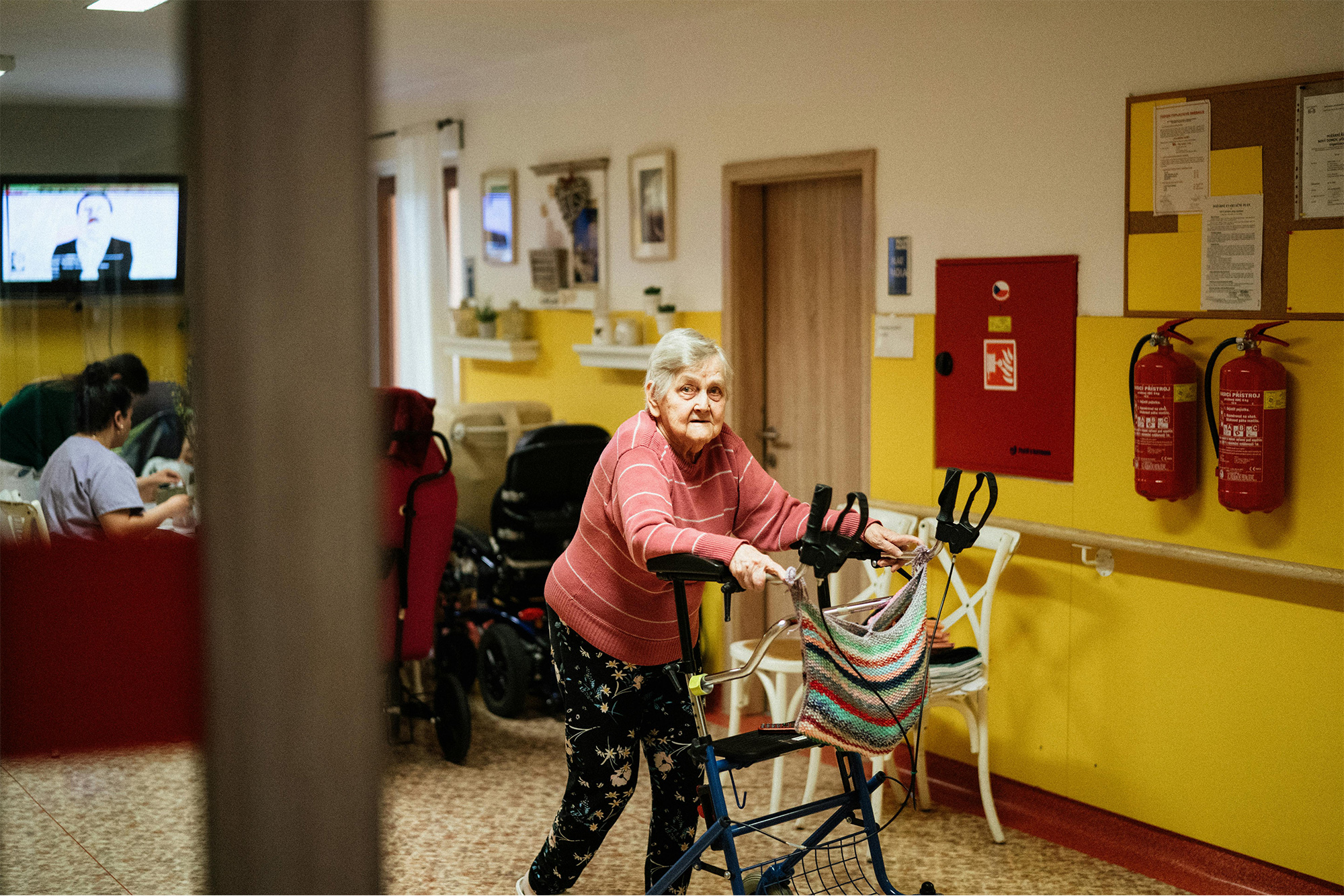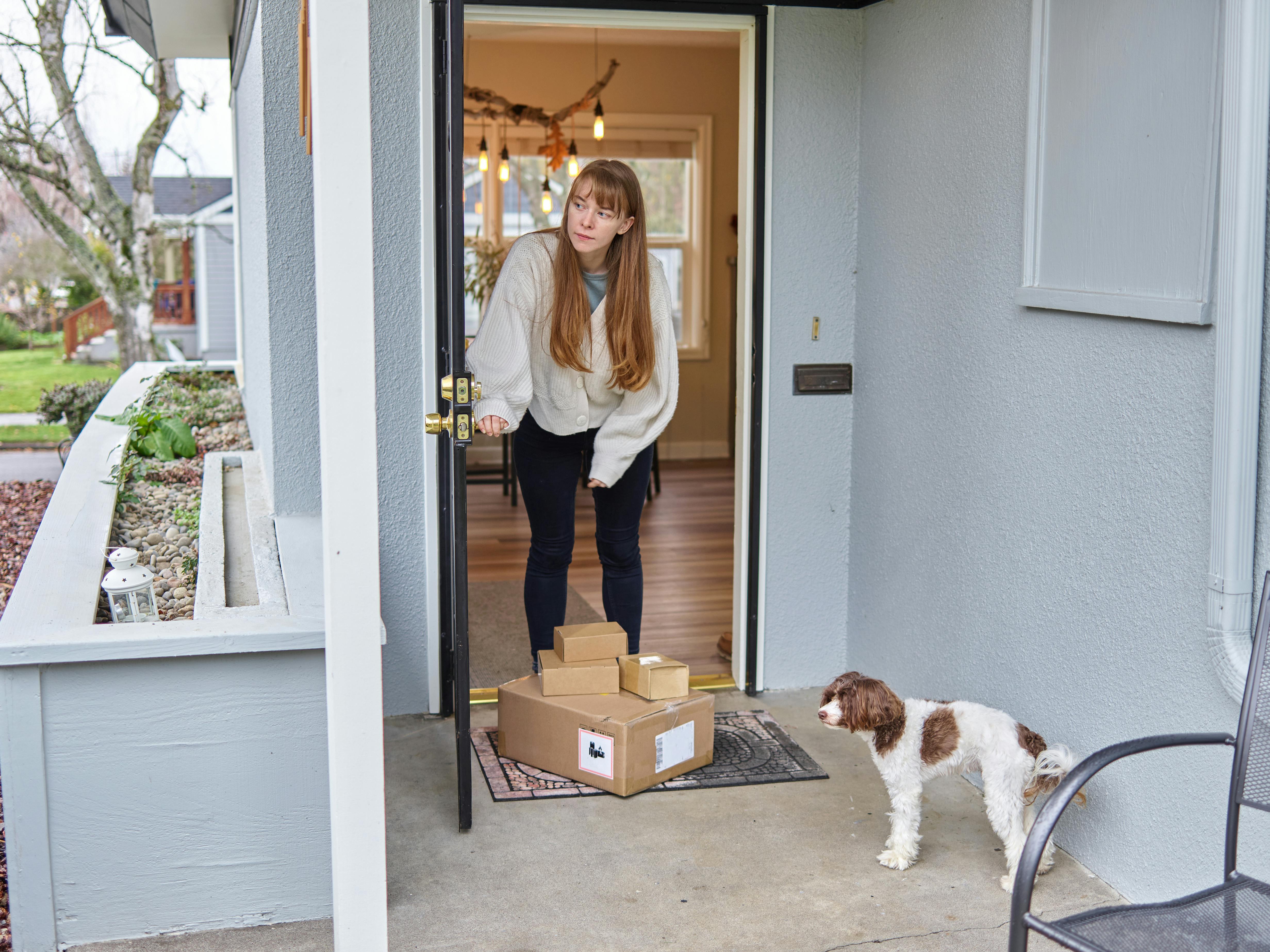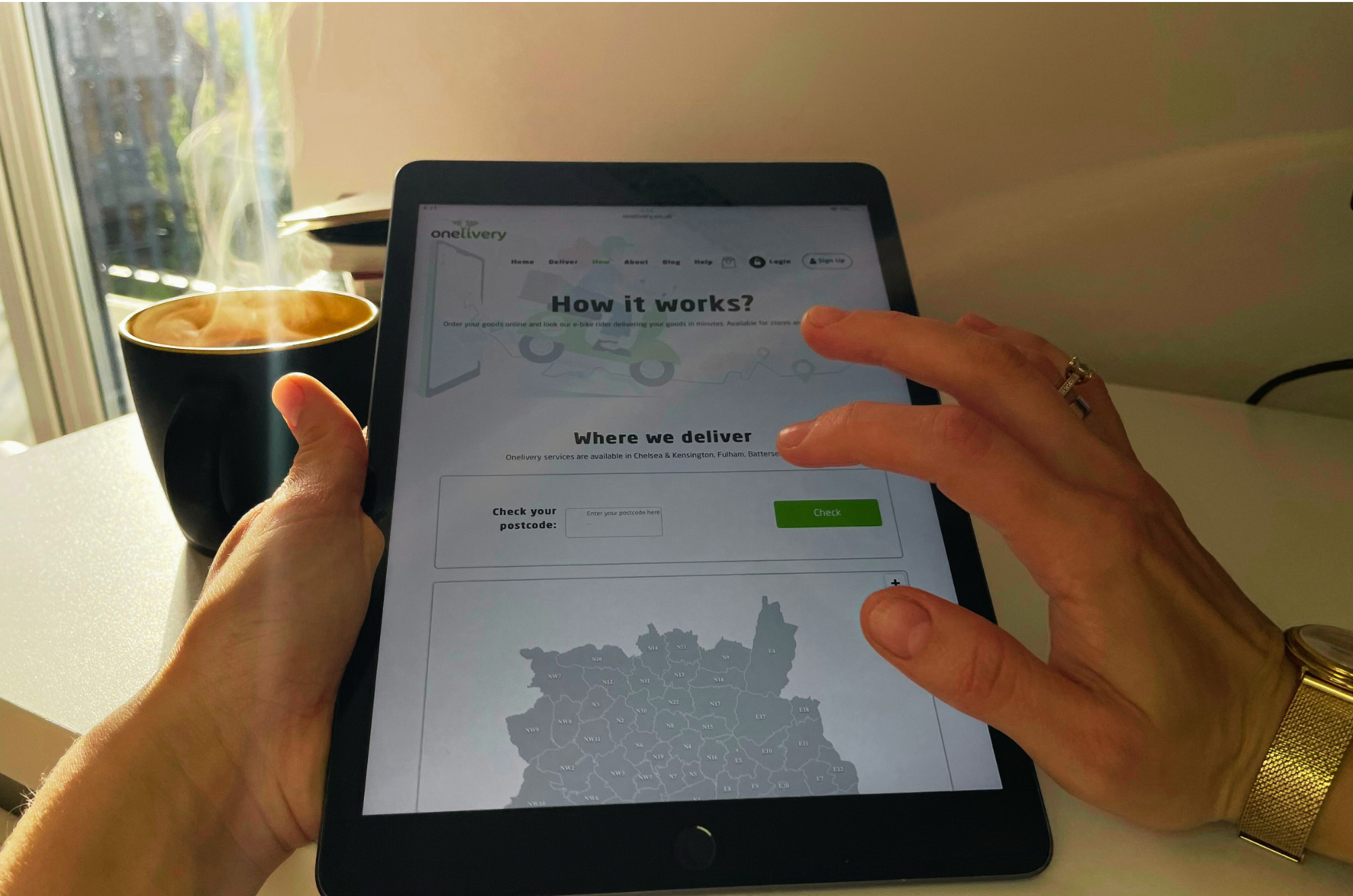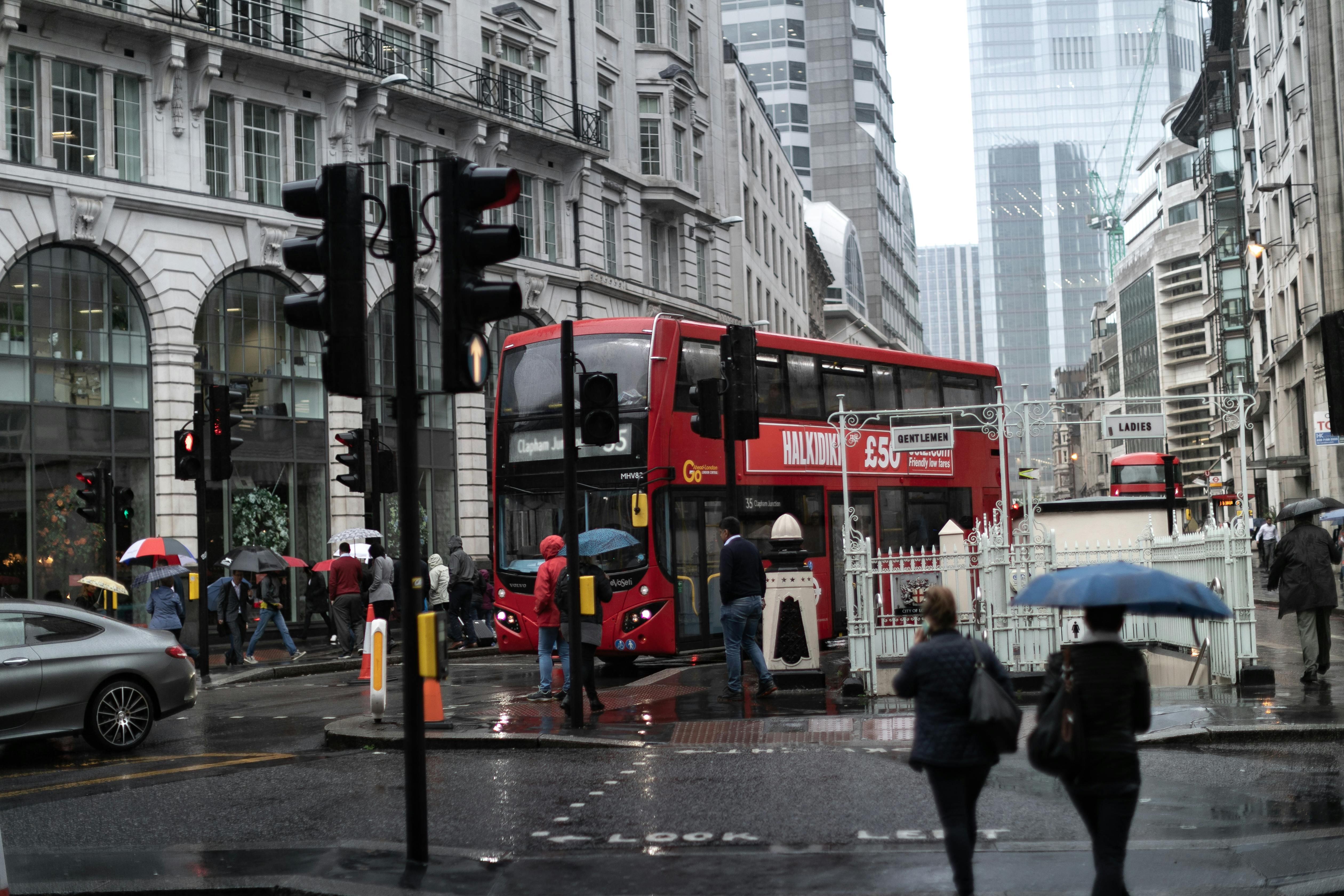When it comes to prescription delivery, the stakes couldn’t be higher. For many, receiving their medication isn’t just a matter of convenience; it’s a lifeline. Especially for those who are elderly, disabled, or dealing with chronic conditions, the speed and reliability of a delivery service can make the difference between a day of independence or a night of worry.
The Good: A Reliable Lifeline
Imagine Sarah, a 65-year-old with arthritis, who relies on prescription deliveries to manage her pain. A same-day service ensures that she doesn’t have to struggle out of her home on difficult days. She receives her medication promptly, and her routine is undisturbed. For Sarah, this reliability offers peace of mind—a crucial element when managing long-term health issues. She knows she can count on her medication arriving on time, allowing her to maintain control over her condition.

For people with disabilities, like David, who suffers from multiple sclerosis, mobility is a challenge. Every journey outside requires careful planning. Having access to reliable, same-day delivery removes the anxiety of whether he’ll have the medication he needs to function. Prescription delivery services, when efficient, give people like David the freedom to stay in their own homes and maintain some level of normality in their daily lives.
The Bad: A Risk to Wellbeing
But what happens when these services fall short? Missing or delayed deliveries can have serious consequences. Consider Rachel, who has Type 1 diabetes and depends on insulin. For them taking medicine on time is life-important, so when delivery is late it brings her a lot of stress as she already looking for a way how to stretch the medicine left. For people with time-sensitive conditions, even a slight delay in receiving their medication can result in dangerous health implications.
The Vital Role of Same-Day Delivery
For regular recipients, especially those with disabilities or long-term conditions, same-day prescription delivery isn’t just a ‘nice to have’—it’s an essential service. The challenges faced by those with limited mobility or chronic health issues mean they cannot afford delays or missed deliveries. Waiting just one extra day can turn a manageable condition into a critical issue.
In an age where technology can bring us just about anything within 24 hours, it’s essential that prescription delivery services prioritise those who need their medication to live well, or even just to live. The human cost of a late or missed delivery cannot be overlooked. And while the technology behind these services continues to evolve, the focus should always remain on the people whose lives depend on it.
A well-executed prescription delivery service is more than just convenience—it’s a vital support system for many across Greater London, enabling independence, ensuring safety, and improving the quality of life for thousands of people each day. When it works, it works wonders. But when it doesn’t, the consequences can be severe.









